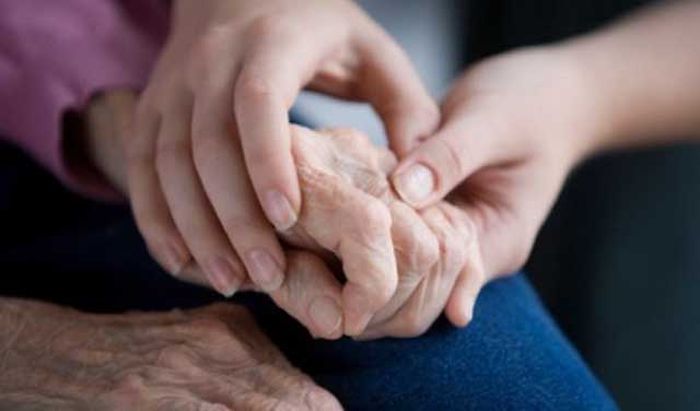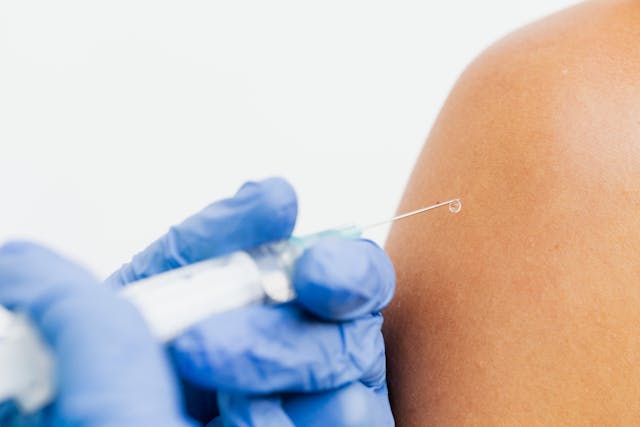
Brain cell therapy results in Parkinson’s disease
Scientists have found a new way to treat or get rid of Parkinson’s disease when the replacement cells are made to cure the damaged brain or mental state.
In a Parkinson’s disease human brain cells are destroyed which can be persuaded to take over these cells.Before we start with some similar test on the patients there are still some more studies to be done.This therapy appears to make the conditions easy for the patients suffering from this disease.
Scientists are still checking over these treatments if they actually result to be safe or if the cells which are converted without starting a life as the astrocytes can really keep functioning like the dopamine which produces neuron which gets lost are less up in Parkinson’s.
People who suffer from Parkinson’s disease have symptoms of lacking dopamine as some of the cells of the brain that produce it have died.It is still not figured out that how and what causes the cells to die, but a loss in cells might cause exhausting symptoms like tremor and having difficulty in moving or even walking.
Doctors have found drugs to manage these symptoms, but have not yet discovered a permanent treatment or solution to the cause.
Scientists are still looking for some ways to which they can replace the dopamine neuron which gets damaged in this disease by injecting a new dopamine neuron into the brain as a replacement.
The international team of the researchers tried to use a different approach which would not require a transplant of a cell.they have used a mixture of small molecules by which cells could be reprogrammed which are already present in the brain.
The mixture of small molecules is mixed along with the sample of human astrocytes in their labs, which produced cells that resembled closely to dopamine neurons which were did not perfectly match.
Then they gave the same mixture of molecules to sick mice.There this treatment worked and there was reprogramming of their brain cells as well as lessened the Parkinson’s symptom.
This success in mice lab is still many steps away from success in a human and also difficult.The study added new life into a promising approach to Parkinson’s which has always suffered the setback, which leads to neurons that are lost in disease and even heading towards impairing mental function.In this disease, it is clear that the usable fragments of the tissues present in the brain are very difficult to recover and replace.
Dr. Patrick Lewis who is an expert in neuroscience at the University of Reading said work like this could potentially offer a game-changing therapy for people suffering from Parkinson’s.He also added: “Moving from this study to doing the same in humans will be a huge challenge.”
Prof David Dexter of Parkinson’s UK said: “Further development of this technique is now needed.”
“If successful, it would turn this approach into a viable therapy that could improve the lives of people with Parkinson’s and, ultimately, lead to the cure that millions are waiting for.”


